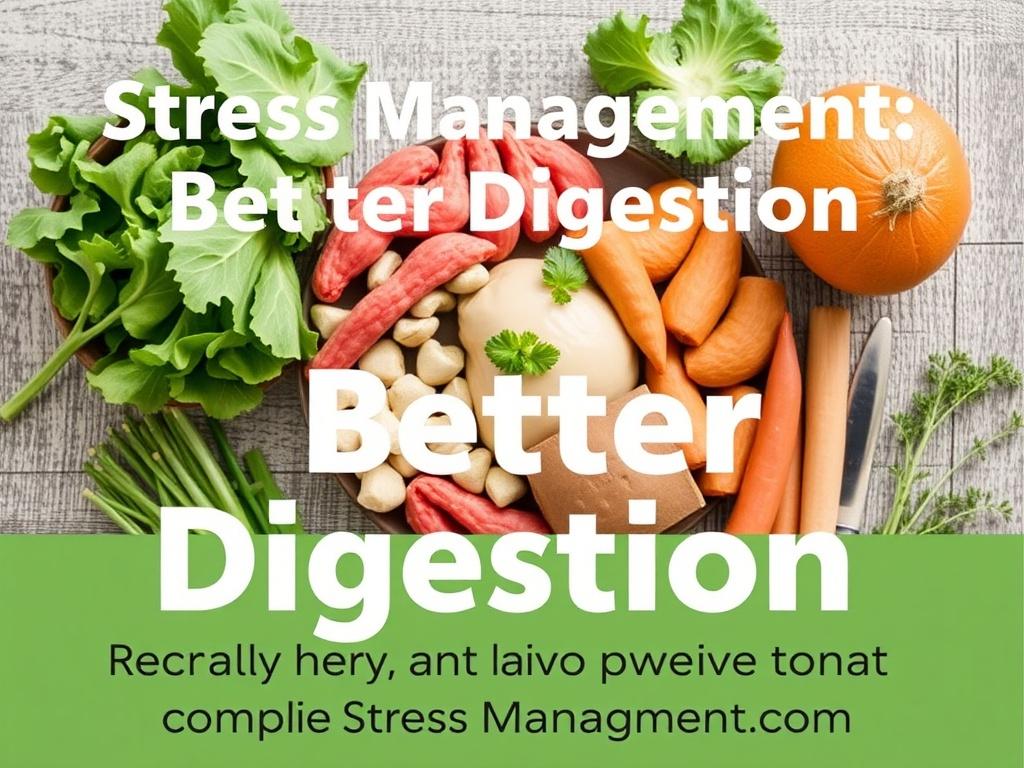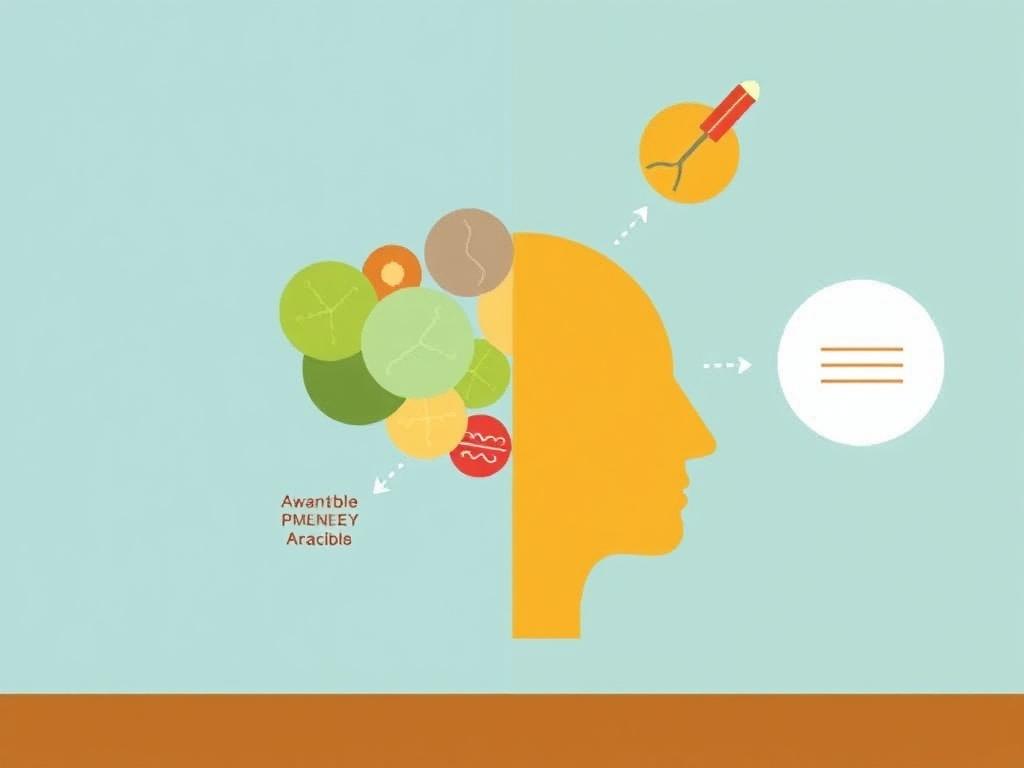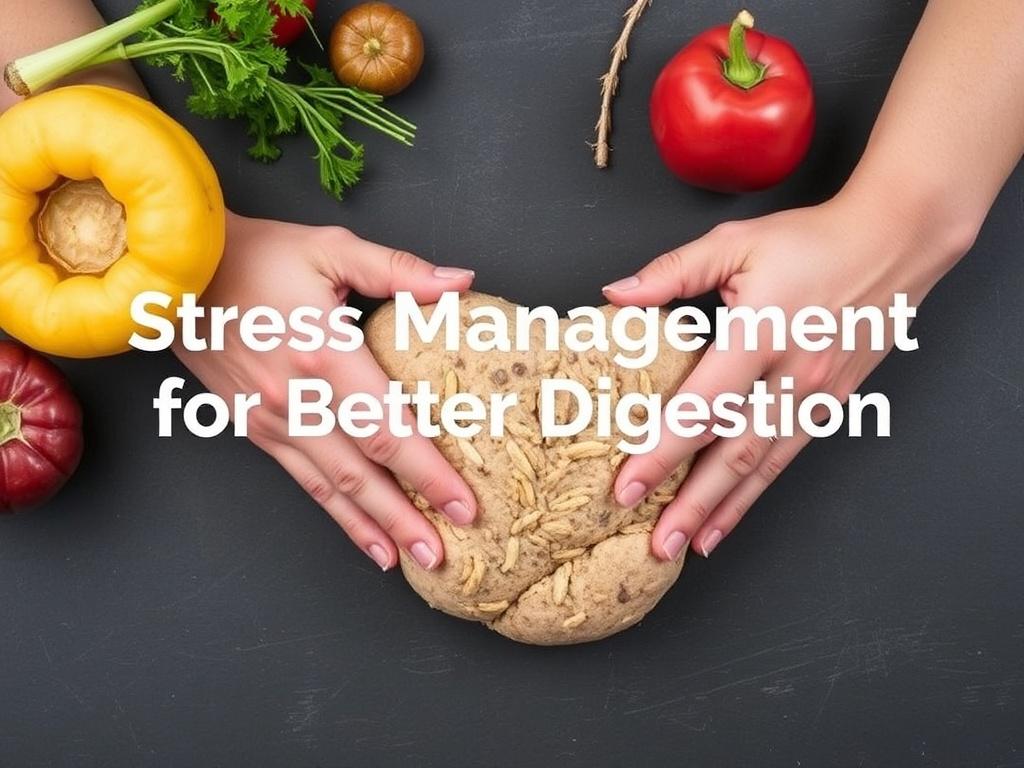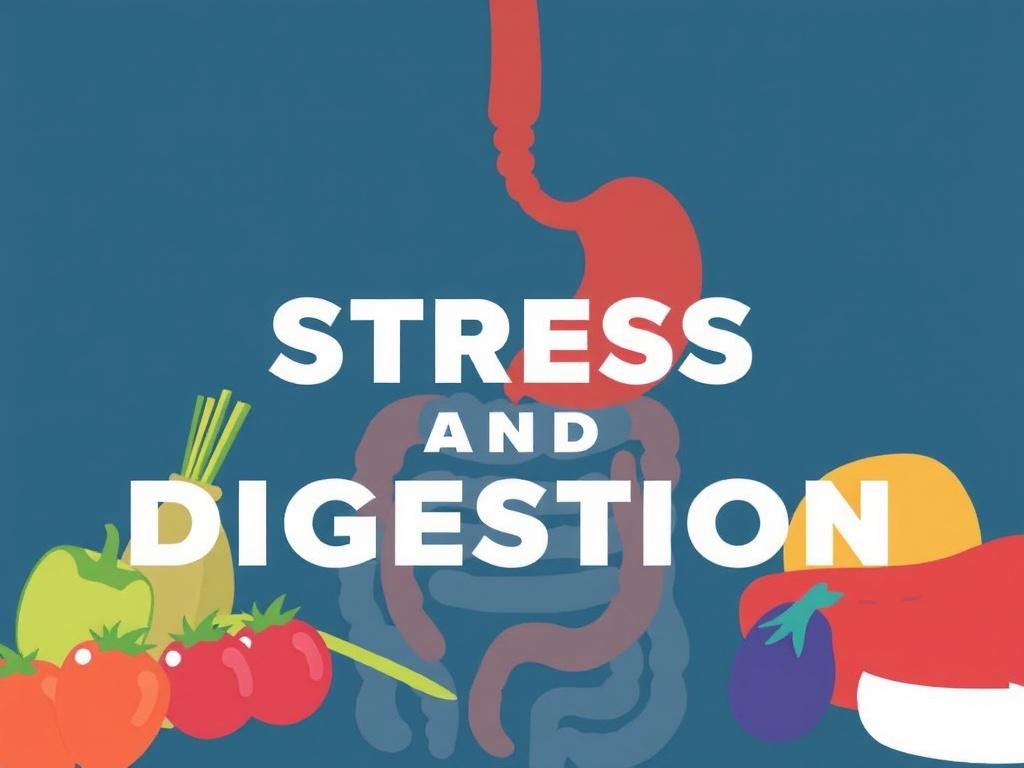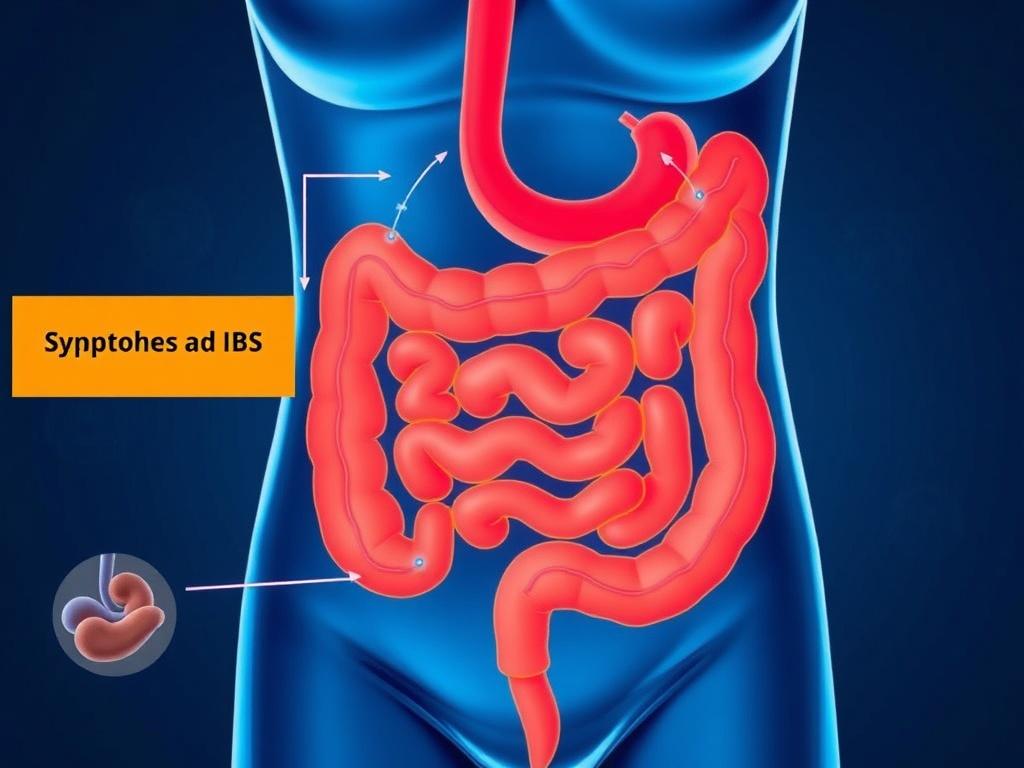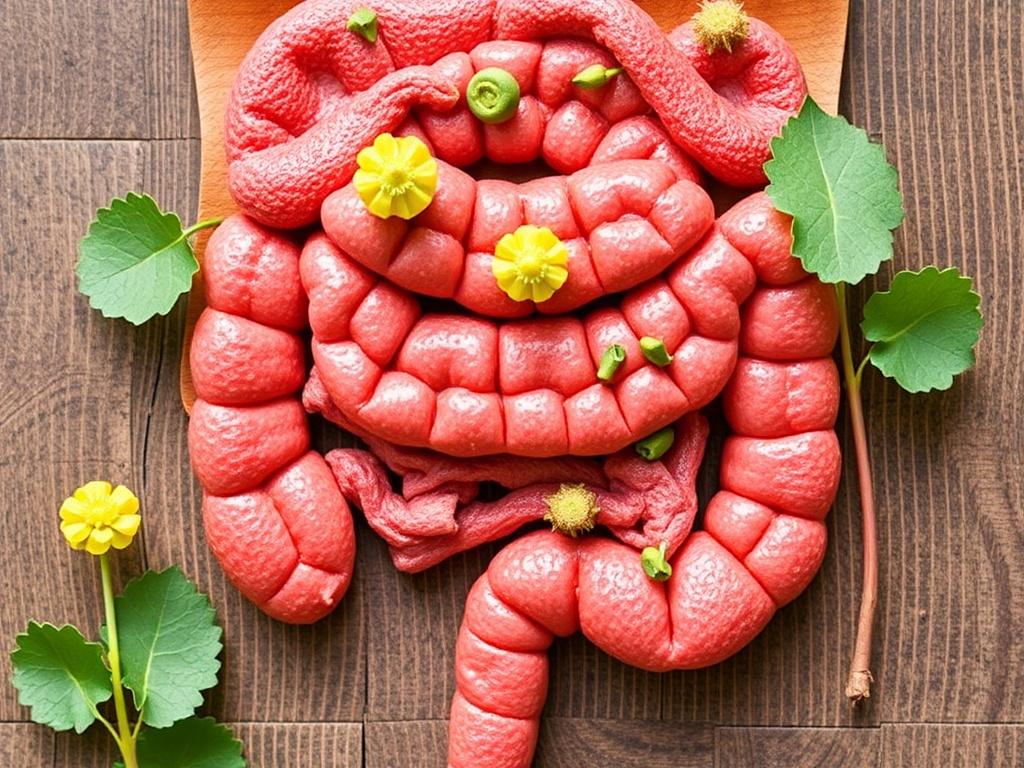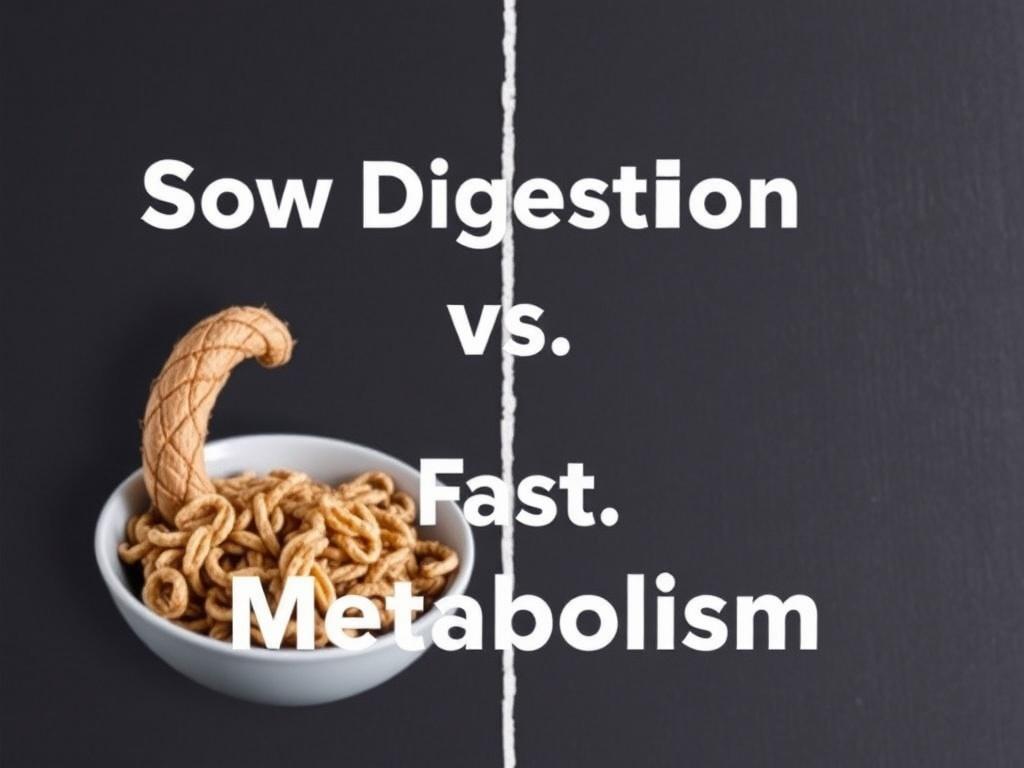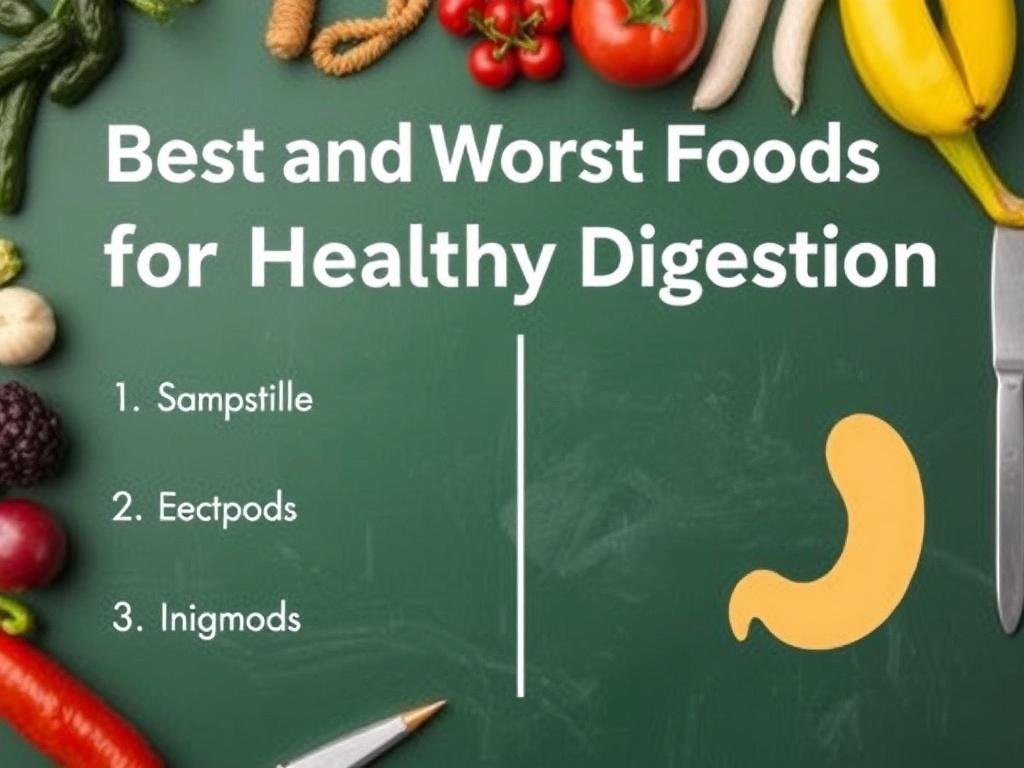Stress and digestion are old acquaintances, whether you realize it or not. That queasy feeling in your stomach before a presentation, the urgent dash to the restroom during a stressful commute, or the slow, uncomfortable aftermath of a tense day—these are all reminders that your mind and gut are talking constantly. This article will walk you through what that conversation looks like, why it matters, and, most importantly, how you can change the tone of it. Read on and you’ll find clear explanations, practical steps, quick tools, and a plan you can start using today to manage stress and improve digestion. The approach is friendly, science-informed, and designed for real life—because managing stress isn’t about perfect routines; it’s about steady, sustainable changes.
Why Stress Affects Digestion: The Gut-Brain Connection
The phrase gut-brain connection is more than a trendy term: it describes a two-way line of communication between your central nervous system (brain and spinal cord) and your enteric nervous system (the network of neurons lining the gastrointestinal tract). When you experience stress, your body releases stress hormones like adrenaline and cortisol, and shifts into a “fight-or-flight” mode. In that state, digestion takes a back seat. Blood flow and energy redirect to muscles and essential organs, enzymes slow down, and the intricate rhythm of the gut—known as peristalsis—changes. That mismatch can lead to symptoms like bloating, gas, constipation, diarrhea, acid reflux, and abdominal discomfort. Over time, chronic stress can alter the gut microbiome and increase vulnerability to conditions like irritable bowel syndrome (IBS) and functional dyspepsia.
You can think of it this way: digestion is a marathon runner that needs steady energy and calm encouragement. Stress is the emergency alarm that yells “run now!” It’s not that digestion stops entirely, but the conditions for it to run smoothly are compromised. Understanding this gives you power: by reducing or managing stress, you can restore a better environment for digestion.
How the Body Responds to Stress
When stress hits, several physiological changes occur simultaneously:
- Heart rate and blood pressure rise to prepare for action.
- Breathing becomes shallower and faster, which can exacerbate abdominal tension.
- Digestion slows, as energy is diverted away from the gut.
- Inflammatory markers may increase, affecting gut lining and function long-term.
- Microbiome balance can shift, influencing both digestive health and mood.
Each of these changes can worsen existing digestive problems or create new ones. The good news is that many of these responses are reversible with consistent stress management practices.
Common Signs that Stress Is Hurting Your Digestion
You don’t always need lab tests to suspect that stress is a major driver of your digestive symptoms. Pay attention to patterns, timing, and triggers. Here are common signs that your stress levels are impacting your gut:
- Symptoms flare during or after stressful events (work deadlines, exams, family conflict).
- Bloating or discomfort soon after meals in stressful periods.
- Alternating constipation and diarrhea without identifiable dietary cause.
- Heartburn or reflux that worsens with anxiety or sleep disturbances.
- Food aversions or loss of appetite in anxious episodes.
- Increased gas or cramping when feeling emotionally overwhelmed.
If these patterns sound familiar, stress management can be an important part of treatment—not as a replacement for medical care, but as a complementary approach that often makes a big difference.
When to Seek Medical Advice
If your symptoms are severe, sudden, or accompanied by alarming signs like weight loss, blood in stool, persistent vomiting, or unexplained fever, contact a healthcare professional promptly. Chronic or worsening symptoms should be evaluated to rule out inflammatory bowel disease, celiac disease, or other conditions. Stress management is valuable, but it’s one piece of a larger health picture.
Stress Management Techniques That Support Digestion
Below are practical, evidence-informed techniques you can start using right away. Try several to find what fits your life and preferences. Many of these are short, portable practices that yield benefits quickly if done consistently.
Breathing and Relaxation Techniques
Breathing is powerful because it links the conscious mind to the body’s automatic systems. When you change how you breathe, you change heart rate, blood pressure, and the nervous system’s balance between sympathetic (fight-or-flight) and parasympathetic (rest-and-digest) activity.
- Diaphragmatic breathing: Breathe deeply into the belly, not just the chest. Inhale for four counts, hold for one, exhale for six. Repeat for five minutes daily.
- 4-4-8 breathing: Inhale four counts, hold four, exhale eight. Great for quick anxiety reduction before meals.
- Progressive muscle relaxation: Tense and then relax muscle groups from head to toe while breathing slowly, releasing physical tension that affects the abdomen.
These techniques stimulate the vagus nerve, which is a key player in promoting digestion. Regular practice strengthens your ability to switch into a more relaxed state when stress arises.
Mindfulness and Meditation
Mindfulness trains your attention and helps reduce rumination—the mental replaying of stressful events—which can prolong stress. Short guided meditations before meals can improve digestion by encouraging relaxed eating and reducing nervous anticipation.
Try:
- Meditations focusing on breath and bodily sensations for 10 minutes each morning.
- Mindful eating practices: Notice flavors, textures, temperatures, and chew slowly. Put utensils down between bites.
- Body scans to detect and release tension in the abdomen.
Even small amounts of mindfulness practiced consistently can change the baseline stress level and the way your body responds to triggers.
Gentle Movement and Exercise
Exercise is a natural stress reliever that also helps move food through the digestive tract. Pick kinds of movement that calm rather than rev up stress hormones—especially if you’re already anxious.
- Walking after meals: A 10–20 minute gentle walk aids digestion and lowers post-meal blood sugar spikes.
- Yoga and Tai Chi: Focus on slow, mindful movements and poses that encourage abdominal release and diaphragmatic breathing.
- Light strength training or moderate aerobic exercise: Boosts mood and resilience, but avoid extremely intense workouts right before heavy meals if you’re prone to reflux.
Consistency matters more than intensity. Regular movement creates a steady buffer against stress.
Cognitive Tools: Reframing and CBT Techniques
How you think about stress matters. Cognitive Behavioral Therapy (CBT) tools help you identify unhelpful thought patterns that amplify stress, then replace them with more balanced ones.
- Thought records: Note stressful thoughts, evidence for and against them, and alternative perspectives.
- Behavioral activation: Engage in small, enjoyable activities to lift mood and interrupt stress loops.
- Exposure strategies for specific anxieties: Gradual exposure reduces avoidance and the physical stress it causes.
Working with a therapist skilled in CBT can be particularly effective for people whose digestive symptoms are closely linked to anxiety.
Sleep and Stress: Sleep Hygiene Practices
Poor sleep increases stress hormone levels and disrupts digestion. Improving sleep often reduces gut symptoms.
Practical tips:
- Keep a consistent sleep schedule, even on weekends.
- Create a wind-down routine: dim lights, limit screens, gentle stretching, reading.
- Avoid heavy meals, caffeine, and alcohol close to bedtime.
- Make your bedroom a restful environment: cool, dark, and comfortable.
Fixing sleep can feel like a miracle for digestion; the body repairs and recalibrates during restful sleep, which includes the gut.
Social Support and Emotional Expression
Humans are social creatures. Isolation increases stress responses. Sharing concerns with trusted friends, family, or support groups lightens the load and improves physiological resilience.
- Talk through worries with a friend or counselor rather than keeping them bottled up.
- Join groups—online or in person—focused on stress management or digestive health.
- Try journaling to process emotions, especially before bedtime or before meals that often trigger symptoms.
Emotional expression is not only therapeutic psychologically but can reduce physical tension that impedes digestion.
Practical Dietary and Lifestyle Changes to Complement Stress Management
While stress management is crucial, certain dietary and lifestyle adjustments make a big difference in how the gut responds to stress. These are not strict rules; think of them as helpful guidelines to pair with mental and behavioral strategies.
Mindful Eating Habits
Eating in a calm, attentive state supports digestion. Stress and distracted eating encourage gulping of air, poor chewing, and faster eating—all of which can cause bloating and discomfort.
Simple changes:
- Eat at a table without screens when possible.
- Take 20–30 minutes for a typical meal; slow down your pace.
- Start with 1–2 deep breaths before you begin eating to engage the parasympathetic system.
- Chew thoroughly and savor each bite.
These habits help your body release the enzymes and bile needed to process food efficiently.
Foods That Support Digestion and Calm
Certain foods and nutrients support gut health and stress resilience. They won’t cure chronic problems alone, but they provide helpful support.
- Probiotic-rich foods: yogurt, kefir, sauerkraut, kimchi—may help maintain microbiome balance.
- Prebiotic-rich foods: garlic, onions, leeks, bananas, and whole grains feed beneficial microbes.
- Magnesium-rich foods: leafy greens, nuts, seeds, and whole grains—magnesium helps with relaxation and bowel regularity.
- Omega-3 fatty acids: fatty fish, flaxseed, chia—these have anti-inflammatory effects and may support mood.
- Hydration: Drink adequate water throughout the day, as dehydration can worsen constipation.
Avoid heavy, greasy meals and excessive caffeine, especially before times when stress is expected or before bedtime.
Sample Meal Plan for a Calming, Digestive-Friendly Day
Below is a simple example of a one-day meal plan designed to be gentle on digestion and supportive of stress-reducing routines.
| Meal | What to Eat | Why It Helps |
|---|---|---|
| Breakfast | Oatmeal with banana, a spoon of yogurt, and a sprinkle of chia seeds | Gentle fiber, prebiotics from banana, probiotics from yogurt, omega-3 from chia |
| Mid-Morning | Green tea and a handful of almonds | Lower caffeine than coffee, magnesium and healthy fats for calm |
| Lunch | Grilled salmon, quinoa, roasted vegetables (zucchini, carrots), small salad | Protein, omega-3s, fiber, and stable energy—supports mood and digestion |
| Afternoon Snack | Apple slices with almond butter | Fiber and healthy fats to prevent blood sugar dips and stress |
| Dinner | Chicken or tofu stir-fry with brown rice and steamed greens | Light, digestible protein, fiber, and balanced nutrients for overnight repair |
| Before Bed (optional) | Warm chamomile tea or warm milk | Promotes sleep and gentle relaxation for digestive rest |
Adjust portions and ingredients for your personal tolerances and dietary needs. If certain high-FODMAP foods trigger digestive issues, work with a clinician to tailor the plan.
Practical Routines and a 30-Day Stress-to-Digestion Plan
Changing habits takes structure. Here’s a simple step-by-step plan you can follow for a month to see measurable improvements.
Weekly Focuses
- Week 1: Awareness and small changes—track stress and symptoms, start a breathing routine.
- Week 2: Add movement and mindful eating—10-minute post-meal walks and mindful meals.
- Week 3: Strengthen social and emotional tools—journal daily, reach out to a friend, try CBT techniques.
- Week 4: Consolidate habits—create a sleep routine, refine diet, and make a long-term maintenance plan.
Daily Checklist (Small and Achievable)
- Morning: 5–10 minutes of diaphragmatic breathing or meditation.
- Before meals: 1–2 deep breaths to engage digestion.
- After meals: 10–20 minute walk when possible.
- Evening: 10–15 minutes of journaling or relaxation practice to process the day.
- Night: Consistent bedtime routine—lights out at a similar hour.
Small, consistent practices add up. Don’t aim for perfection; aim for progress.
Tracking Progress
Record symptoms daily—bloating, stool form, heartburn, pain, mood, and perceived stress. After two weeks, look for patterns. Are symptoms decreasing after meals when you practiced mindful eating? Do you sleep better when you follow your wind-down routine? Tracking gives you feedback and helps tailor what works.
Tools and Resources to Support Your Practice
You don’t need to go it alone. Here are accessible tools to assist your journey:
- Breathing apps: Many free apps guide you through diaphragmatic and paced breathing exercises.
- Mindfulness apps: Short guided meditations for beginners and busy people.
- Fitness trackers: Gentle reminders to stand, move, or walk after meals.
- Journaling templates: Daily prompts to note stressors, gratitudes, and symptom patterns.
- Therapy directories: Find a CBT therapist or digestive health psychologist if symptoms are severe.
You can mix and match tools—what matters is making them part of your routine.
How to Choose What Works for You
Not every strategy suits every person. To choose wisely:
- Start small: Pick one breathing exercise and one movement habit for a week.
- Notice the immediate effects: Did you feel less bloated? Less anxious? More energetic?
- Scale up slowly: Add more practices only once a small habit has stuck.
- Be flexible: Life changes—adapt your routine instead of abandoning it.
Real-life constraints—work, family, and energy levels—shape what you can do. Meeting yourself where you are is the fastest route to improvement.
Comparing Stress Management Techniques: A Quick Reference
This table summarizes common techniques, their typical time commitment, benefits for digestion, and suitability for different lifestyles.
| Technique | Time Needed | Benefits for Digestion | Good For |
|---|---|---|---|
| Diaphragmatic Breathing | 5–10 minutes/day | Stimulates vagus nerve, reduces abdominal tension | Busy people, quick stress relief |
| Mindful Eating | No extra time—applied during meals | Improves chewing, enzyme release, reduces overeating | Anyone who eats regular meals |
| Walking after Meals | 10–20 minutes | Aids gastric emptying, reduces reflux, moves bowels | People with flexible schedules or lunch breaks |
| Yoga/Tai Chi | 20–60 minutes, 2–3 times/week | Releases abdominal tension, improves parasympathetic tone | Those who prefer low-impact exercise |
| Cognitive Behavioral Therapy | Weekly sessions + practice | Addresses thought patterns that drive stress and gut symptoms | People with anxiety-linked digestion problems |
| Sleep Hygiene | Variable; routines take 15–30 minutes | Reduces cortisol, supports restorative gut repair | Anyone with sleep disturbance |
Combining techniques typically provides the best results. For example, pairing mindful eating with post-meal walking and improved sleep often creates a strong synergy.
Special Considerations: When Stress Management Needs a Professional
Some situations require professional support. Consider seeking help if:
- Symptoms are severe, persistent, or rapidly worsening.
- You have major weight loss, blood in stool, or severe pain.
- Stress is debilitating, with panic attacks, avoidance, or severe depression.
- You suspect a complex condition like IBD or celiac disease.
Professionals who can help include primary care physicians, gastroenterologists, dietitians specialized in gut health, and mental health professionals trained in CBT, acceptance and commitment therapy (ACT), or gut-directed therapies.
Therapies That Target the Gut-Brain Axis
Certain therapeutic approaches explicitly target the gut-brain axis and are supported by research:
- Gut-directed hypnotherapy: Shown to help people with IBS in several studies.
- CBT for functional gastrointestinal disorders: Helps reduce symptom severity by altering thoughts and behaviors.
- Relaxation training and biofeedback: Helps control physiological responses that affect digestion.
If your symptoms respond to stress-reduction in part but not completely, these approaches can be particularly effective.
Long-Term Habits for Sustainable Digestive Health
Short-term fixes are helpful, but the real goal is a lifestyle that supports a calm nervous system and a resilient gut. Long-term habits to cultivate include:
- Consistent daily rhythm: Regular meals, sleep time, and moderate activity.
- Balanced diet with fiber, healthy fats, and fermented/prebiotic foods.
- Regular stress-management practices like breathing, mindfulness, or gentle movement.
- Strong social connections and emotional outlets.
- Periodic check-ins with healthcare providers to monitor ongoing issues.
These habits create a foundation where digestion can function optimally and where stress is less likely to derail your day.
Small Wins Add Up
Remember that improvements often come incrementally. One fewer reflux episode, another night of better sleep, or a week with less bloating are meaningful wins. Celebrate them and let them motivate continued practice.
Conclusion
Managing stress for better digestion is both practical and empowering: by understanding the gut-brain connection and using simple, sustainable techniques—breathing exercises, mindful eating, gentle movement, improved sleep, social support, and targeted cognitive tools—you can reduce symptoms and create a more resilient digestive system; start with small daily habits, track what helps, and seek professional guidance when needed, because small consistent changes often lead to big improvements in how you feel both mentally and physically.
Читайте далее:



